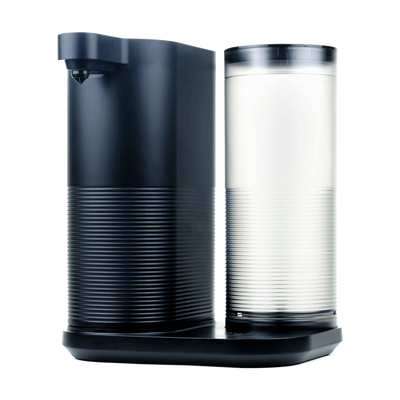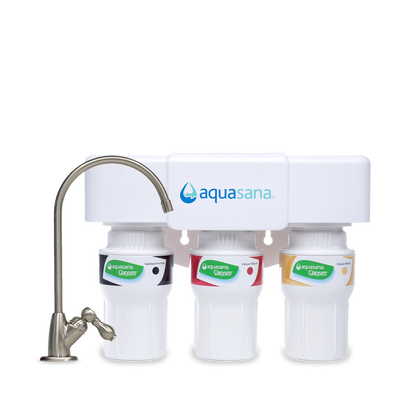
Do plastic water bottles pose health risks to humans?
According to numerous studies, polycarbonate plastic gradually leaches a chemical called bisphenol-A (BPA) into foods and liquids that are stored in water bottles and other containers made from this material. BPA has been identified as an endocrine disrupting chemical, or a chemical that easily mimics hormones when absorbed by the human body.
PET is a thermoplastic polymer resin of the polyester family, used in beverage, food and other liquid containers. Although industry experts stand behind the safety of this product, there is documentation of potential health risks. Antimony, a compound found in PET plastic bottles can cause dizziness and depression in small doses; in larger doses it can cause nausea, vomiting and even death. German researchers said that if you drink water from plastic bottles manufactured from PET, just like with BPA, you have a high probability of drinking estrogenic compounds.
To avoid chemicals commonly associated with plastic bottles, consider buying a glass or stainless steel water bottle instead. Just make sure the water source you get it from is safe. One way to do this is by investing in a water filter at home and bottling with filtered water before you go out. You can shop our wide variety of filters, or learn more about the different types of bottles and which is best.


